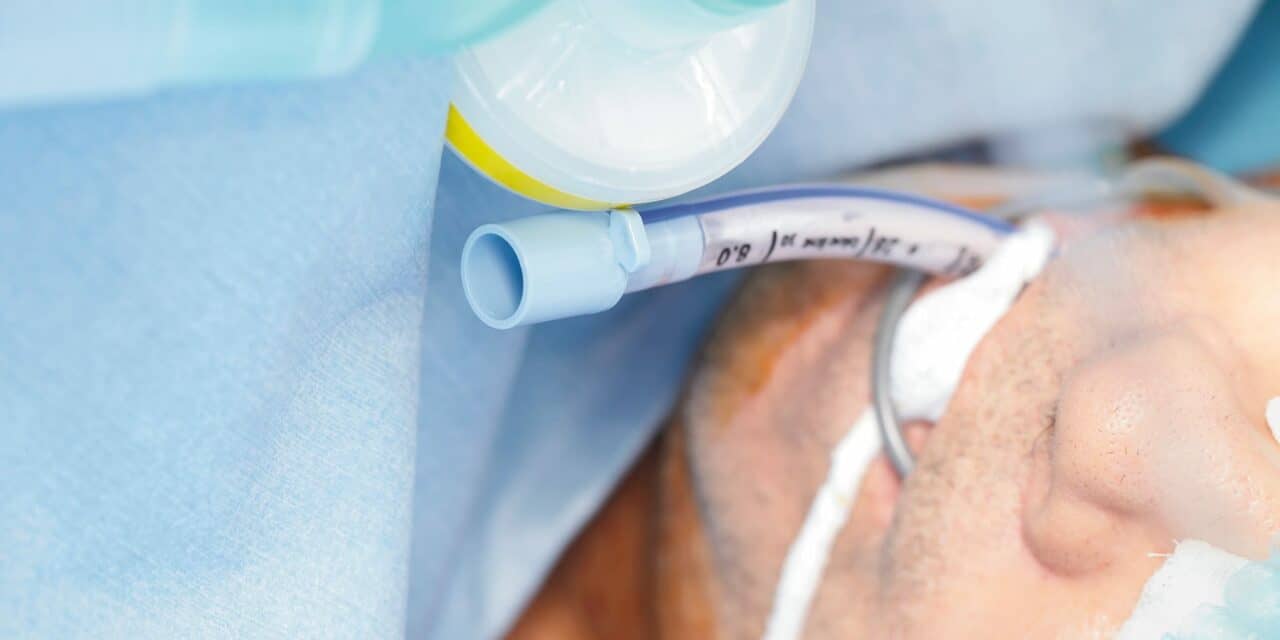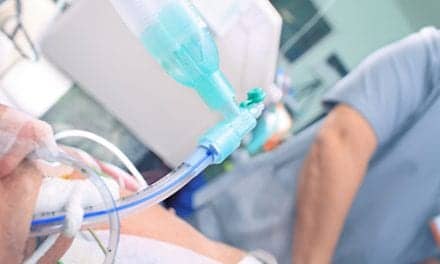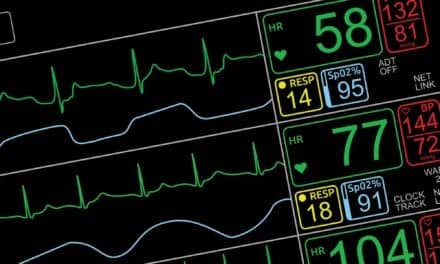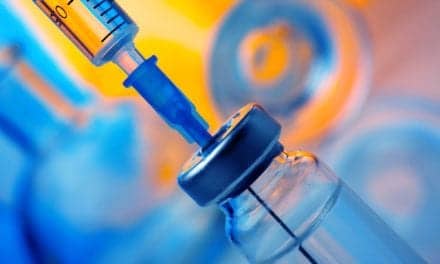Adult patients who were admitted to US intensive care units had higher mortality if extubation was attempted overnight, according to results reported at the ATS 2016 International Conference. The study may discourage hospital administrators from expanding the practice of overnight extubations in ICUs, which the lead author noted are rapidly being transformed to provide continuity of care.
“Overnight extubations is of specific relevance today as physician presence in US ICUs overnight (either onsite or remotely) is increasing,” said Hayley Gershengorn, MD, lead author and assistant professor at Albert Einstein College of Medicine and attending physician at Montefiore Medical Center in New York City. “One of the goals of this movement has been to transform ICUs into truly ‘24 hour operations’ in which the same level of care is available throughout the day. Our results demonstrate more information is needed before we can say it is in our patients’ best interest to make extubation a service we provide all of the time.”
The researchers completed a retrospective study comprising 32,760 patients admitted to76 ICUs, where they received mechanical ventilation to help them breath. One-fifth of the patients in the study (18.2%) were extubated overnight, which the researchers defined as between 7:00 p.m. and 6:59 a.m. Patients who were extubated overnight were typically diagnosed with cardiovascular disease, sepsis, trauma or other neurologic disease. Among ICU admissions, mortality rates were 28.2 percent in patients who were extubated overnight and 15.9% in patients who were extubated during the day.
This study is believed to be the first to investigate the frequency of overnight extubations in the U.S. “Our results raise concern that this practice may be harmful,” cautioned Dr Gershengorn.
“Prospective studies are needed to evaluate this issue further. Specifically interesting will be the results of such prospective investigations on patient subgroups as there may well be some patients – for example surgical patients with short durations of mechanical ventilation – in whom overnight extubation is safe and effective.”










